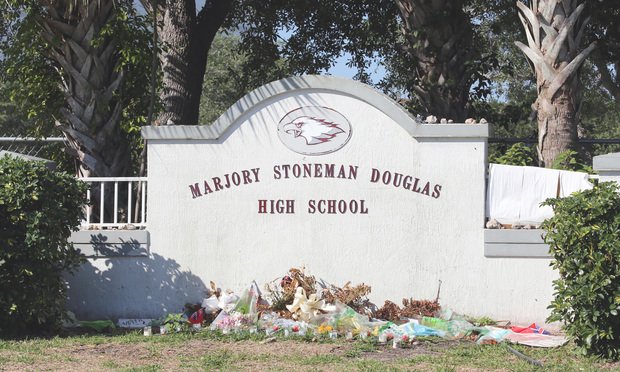A state appeals court will hear arguments this week in a dispute about workers' compensation insurance benefits for a police officer who suffered post-traumatic stress disorder after the February 2018 mass shooting at Marjory Stoneman Douglas High School in Broward County.
A panel of the 1st District Court of Appeal will consider whether a 2018 law that expanded certain workers' compensation benefits for first responders should apply to Matthew Casey, who was a Hallandale Beach police officer when he responded to the Parkland school.
Recommended For You
Want to continue reading?
Become a Free PropertyCasualty360 Digital Reader
Your access to unlimited PropertyCasualty360 content isn’t changing.
Once you are an ALM digital member, you’ll receive:
- Breaking insurance news and analysis, on-site and via our newsletters and custom alerts
- Weekly Insurance Speak podcast featuring exclusive interviews with industry leaders
- Educational webcasts, white papers, and ebooks from industry thought leaders
- Critical converage of the employee benefits and financial advisory markets on our other ALM sites, BenefitsPRO and ThinkAdvisor
Already have an account? Sign In Now
© 2025 ALM Global, LLC, All Rights Reserved. Request academic re-use from www.copyright.com. All other uses, submit a request to [email protected]. For more information visit Asset & Logo Licensing.









